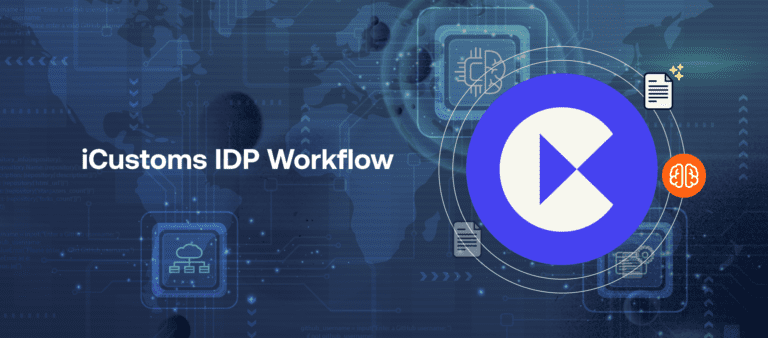Fast & Accurate ENS GB & EU ICS2 Solutions Built for You.
Critical EORI Update: New Requirements for Businesses Starting February 1st 2024
-
Freya Jane
- Director of Customer's Success
A significant change impacts all EORI registered Economic Operators from February 1, 2024 making it mandatory to include a valid postcode. This is crucial for effective transit or export procedures through NCTS and/or AES systems.
EORI stands for “Economic Operators Registration and Identification. ” An EORI number is mandatory for customs clearance in the European Union’s customs territory and applies to all types of customs operations, such as export, import, and transit.
Starting from February 1, 2024, everyone registered with EORI, which helps in international trade, must include a valid postcode in their records. This is important for moving goods smoothly between countries in the European Union.
Businesses involved in trading and transportation need to act quickly to follow this rule. People in countries like the Netherlands and Sweden, where many international businesses are registered, must be extra careful. Also, places like Ireland, which has its own postcode system, need to pay attention. It’s crucial to note that EORI records can only be updated in the Member State of establishment.
For businesses, it means checking if their records have the right information and adding a postcode where needed. This is crucial to avoid any problems when sending goods through customs. Keep in mind that the postcode will become a must in the system from late 2024.
All economic operators carrying out business activities subject to EU customs legislation and registered in the EORI system must take immediate steps to comply with these new requirements to facilitate a seamless transition.
This includes any person or company involved in trade, transport or logistics activities The update is crucial for ensuring the smooth flow of goods across borders and preventing delays due to missing or inaccurate location information.
Starting February 2024, if your shipment encounters delays at the border due to a missing zip code, it will be detained until the national authority of the member state where your company is registered updates the necessary information. This emphasises the need for timely and accurate updates to prevent interruptions in your trading operations.
What should you do?
1) Verify the accuracy and completeness of EORI records immediately.
2) Update registration to include a valid postcode where necessary.
3) Ensure that all new registrations are complete. (Please note that the postcode field will only become mandatory late 2024 in the EOS system as a centrally developed element)
All these rules and changes can be confusing, we get it. But don’t worry, iCustoms is here for you to ensure uninterrupted trade in the wake of these changes.
Explore iCustoms.ai’s AI-powered platform and optimise your customs processes
An all-in-one solution designed to streamline all customs procedures to save you time and costs.
